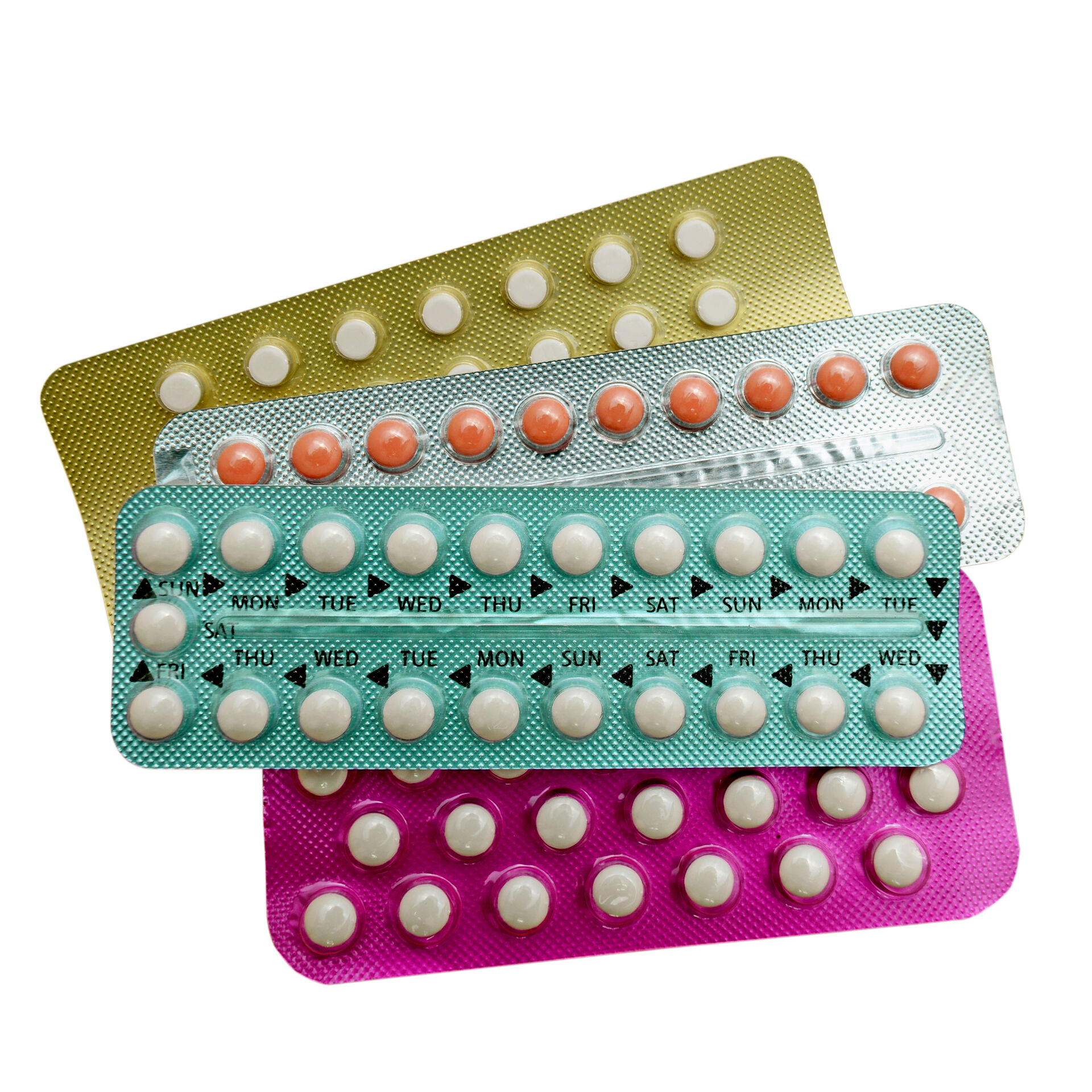There are two types of contraceptive pills – the combined pill and the progestogen-only pill (also called the 'mini-pill'). Both types are effective if taken properly, but they won't protect you against sexually transmitted infections (STIs). It's a good idea that both partners have an STI test before having unprotected sex (sex without a condom), even if you (or your partner) are taking contraceptive pills.
The contraceptive pill needs to be taken every day. A good way to remember is to take it at the same time every day – you could set a reminder on your phone.
The contraceptive pill works in 3 ways, it:
- temporarily prevents ovulation (an egg from being released from the ovaries every month).
- temporarily thins the lining of the womb (uterus) to prevent a fertilised egg from attaching to it.
- thickens the discharge (fluid) from the cervix to help stop sperm from reaching the womb (uterus).
Contraceptive pills are 97–99% effective in preventing pregnancy if taken every day. Sometimes you might forget to take 1 or more pills. If you are taking a combined pill and are more than 24 hours late taking a hormone pill (not a sugar pill), then you are at a risk of unplanned pregnancy. If you are taking a progesterone only pill (also known as the mini-pill) then there is a risk of unplanned pregnancy if you are 3 hours late taking your pill.
The effectiveness of the contraceptive pill is affected if you have severe vomiting or diarrhoea, or if you are on particular antibiotics.

Advantages
- can make your periods regular.
- can improve acne.
Disadvantages
- does not protect against STIs – protection like condoms must be used.
- must be taken every day.
- may have side effects, like nausea and bleeding between periods.
The pill costs around $10-$30 per month.
You need a prescription from a doctor to buy the pill from a chemist. Remember to get another prescription when you start your last packet.
2024 update: some people may be eligible to get a resupply from a pharmacist without a script if they have been on the same pill for two years or more. Speak to your GP and pharmacist for more information.
You can get more information about the type of pill that you're on from this site: www.nps.org.au/medicine-finder
 Fun
Fun